Infertility Problems
Infertility means not being able to get pregnant after one year of trying (or six months if a woman is 35 or older). It affects about 12-15% of all couples and this percentage rises as the age of the female increases. Male factor sub-fertility is present in approximately 40-45% of all infertile couples. Female infertility has many causes, and can be grouped into two main categories:
- Primary infertility refers to couples who have not become pregnant after at least 1 year of unprotected sex (intercourse).
- Secondary infertility refers to couples who have been pregnant at least once, but never again.
A wide range of physical and emotional factors can cause infertility. It may be due to problems in the woman, man, or both. In healthy couples under the age of 30 years who have sex regularly, the chance of getting pregnant is about 25 – 30% per month. A woman’s peak fertility occurs in her early 20s. After age 35 (and especially 40), the chances are considerably reduced.
Causes
To become pregnant:
1) a woman’s body must release an egg from one of her ovaries (ovulation),
2) The egg must go through a fallopian tube toward the uterus (womb),
3) A man’s sperm must join with (fertilize) the egg along the way.
4) The fertilized egg must attach to the inside of the uterus
(implantation). Infertility occurs if there are problems with any of these steps.
FEMALE INFERTILITY:
Female infertility may occur when: a) a fertilized egg or embryo does not survive once it sticks to the lining of the womb (uterus), b) the fertilized egg does not attach to the lining of the uterus – implantation problems, c) the eggs cannot move from the ovaries to the womb – tubal factors or d) the ovaries have problems producing eggs – anovulation
Female infertility may be caused by:
- Older Age – Aging decreases a woman’s chances of having a baby by her ovaries becoming less able to release eggs, having smaller number of eggs left, which may not be as healthy, or having health conditions that can cause fertility problems.
- Excessive exercising, eating disorders or poor nutrition
- Pelvic infection or pelvic inflammatory disease (PID)
- Scarring or blockage of fallopian tubes, from sexually transmitted infection or endometriosis
- Medical problems, such as Diabetes, Thyroid disease, Clotting disorders
- Growths (such as fibroids or polyps) in the uterus and cervix
- Birth defects that affect the reproductive tract
- Use of certain medications, including chemotherapy drugs
- Excessive alcohol intake
- Obesity
- Ovarian cysts and polycystic ovary syndrome (PCOS), causing ovulation problems
- Cancer or tumor
- Autoimmune disorders, such as antiphospholipid syndrome (APS)
MALE INFERTILITY:
Male infertility may be due to: a) decrease in sperm count which may result from low production, -oligospermia b) sperm being blocked from being released, and c) sperm that do not work properly, either causing reduced sperm movement, abnormal shapes. Varicocele happens when the veins on a man’s testicle(s) are too large. This heats the testicles, and this heat can affect the number or shape of the sperm. Sometimes a man is born with the problems that affect his sperm. Other times problems start later in life due to illness or injury. For example, cystic fibrosis often causes infertility in men.
Thus, male infertility can be caused by:
- Environmental pollutants
- Infection, or Scarring from sexually transmitted diseases, injury, or surgery
- Exposing the scrotum to high temperatures for prolonged periods
- Heavy use of alcohol, marijuana, or cocaine and smoking
- Impotence
- Older age
- Cancer treatments, including chemotherapy and radiation
- Retrograde ejaculation
- Use of certain drugs, such as cimetidine, spironolactone, and nitrofurantoin
- Birth defects
Symptoms
The main symptom of infertility is the inability to become pregnant, after a specified period of trying. Specific associated symptoms depend on what is causing the infertility. Infertility can result in very stressful and many painful emotions in one or both partners.
Signs and tests
It is recommended that women under 30 should generally try to get pregnant on their own for 1 year before seeking testing. Infertility testing involves a complete medical history and physical examination of both partners. Blood and imaging tests will be done. In women, this may include:
- Blood tests to check hormone levels, including progesterone and follicle stimulating hormone and Luteinizing hormone urine test (ovulation prediction)
- Checking body temperature first thing in the morning to check if the ovaries are releasing eggs
- FSH and clomid challenge test
- Hysterosalpingography (HSG)
- Pelvic ultrasound
- Laparoscopy
- Thyroid function tests
Tests in men may include: Blood Test for various medical conditions, Chromosone analysis, Sperm testing, Testicular biopsy (rarely done)
Treatment
The chances of becoming pregnant increase each month by having sex at least every 3 days before and during ovulation. It is especially important to do so 72 hours before ovulation begins. Ovulation occurs about 2 weeks before the next menstrual cycle (period) starts. If a woman gets her period every 28 days, the couple should have sex at least every 3 days between the 10th and 18th day after the period starts. Maintaining a healthy diet, weight, and lifestyle may increase the chances for getting pregnant and having a healthy pregnancy. Specific treatment depends on the cause of infertility. It may involve:
- Medicines that help the woman grow and release eggs from the ovaries (ovulat ion induction),
- Surgery – to free the fallopian tubes and to destroy despoits of endometriosis
- Education and counselling and emotional support
- Fertility treatments such as intrauterine insemination (IUI) and in vitro fertilization (IVF)
- Medicines to treat infections and clotting disorders –
Ovulation Induction medications – See under Anovulation Treatment:
Many fertility drugs increase a woman’s chance of having twins, triplets, or other multiples. Women who are pregnant with multiple fetuses have more problems during pregnancy. Multiple fetuses have a high risk of being born too early (prematurely). Premature babies are at a higher risk of health and developmental problems.
Infertility in men can be addressed by treating impotence or premature ejaculation using behavioral therapy and/or medicines. Too few sperm (Oligospermia): Sometimes can be corrected by removing sperm directly from the male reproductive tract or unblocking any blockage of the male tract. Antibiotics can also be used to clear up infections affecting sperm count.
Intrauterine insemination (IUI) is an infertility treatment that is often called artificial insemination. In this procedure, the woman is injected with specially prepared sperm. Sometimes the woman is also treated with medicines that stimulate ovulation before IUI. IUI is often used to treat mild male factor infertility, women who have problems with their cervical mucus and couples with unexplained infertility
Assisted reproductive technology (ART)
This a group of different methods used to help infertile couples. ART works by removing eggs from a woman’s body. The eggs are then mixed with sperm to make embryos. The embryos are then put back in the woman’s body.
Success rates vary and depend on many factors. Some things that affect the success rate of ART include: age of the partners, reason for infertility, the clinic’s success rate, type of ART, if the egg is fresh or frozen and if the embryo is fresh or frozen
The average percentage of ART cycles that led to a live birth were:
- 39 percent in women under the age of 35
- 30 percent in women aged 35-37
- 21 percent in women aged 37-40
- 11 percent in women aged 41-42
ART can be expensive and time-consuming. But it has allowed many couples to have children that otherwise would not have been conceived. The most common complication of ART is multiple fetuses. But this is a problem that can be prevented or minimized in several different ways .
Common methods of ART include :
- In vitro fertilization (IVF) means fertilization outside of the body. IVF is the most effective ART. It is often used when a woman’s fallopian tubes are blocked or when a man produces too few sperm. Doctors treat the woman with a drug that causes the ovaries to produce multiple eggs. Once mature, the eggs are removed from the woman. They are put in a dish in the lab along with the man’s sperm for fertilization. After 3 to 5 days, healthy embryos are implanted in the woman’s uterus.
- Zygote intrafallopian transfer (ZIFT) or Tubal Embryo Transfer is similar to IVF. Fertilization occurs in the laboratory. Then the very young embryo is transferred to the fallopian tube instead of the uterus.
- Gamete intrafallopian transfer (GIFT) involves transferring eggs and sperm into the woman’s fallopian tube. So fertilization occurs in the woman’s body. Few practices offer GIFT as an option.
- Intracytoplasmic sperm injection (ICSI) is often used for couples in which there are serious problems with the sperm. Sometimes it is also used for older couples or for those with failed
IVF attempts. In ICSI, a single sperm is injected into a mature egg. Then the embryo is transferred to the uterus or fallopian tube.
ART procedures sometimes involve the use of donor eggs (eggs from another woman), donor sperm, or previously frozen embryos. Donor eggs are sometimes used for women who can not produce eggs. Also, donor eggs or donor sperm is sometimes used when the woman or man has a genetic disease that can be passed on to the baby. An infertile woman or couple may also use donor embryos. These are embryos that were either created by couples in infertility treatment or were created from donor sperm and donor eggs. The donated embryo is transferred to the ut erus. The child will not be genetically related to either parent.
Surrogacy / Gestational Carrier
Women with no eggs or unhealthy eggs might also want to consider surrogacy. A surrogate is a woman who agrees to become pregnant using the man’s sperm and her own egg. The child will be genetically related to the surrogate and the male partner. After birth, the surrogate will give up the baby for adoption by the parents. Women with ovaries but no uterus may be able to use a gestational carrier. This may also be an option for women who shouldn’t become pregnant because of a serious health problem. In this case, a woman uses her own egg. It is fertilized by the man’s sperm and the embryo is placed inside the carrier’s uterus. The carrier will not be related to the baby and gives him or her to the parents at birth.


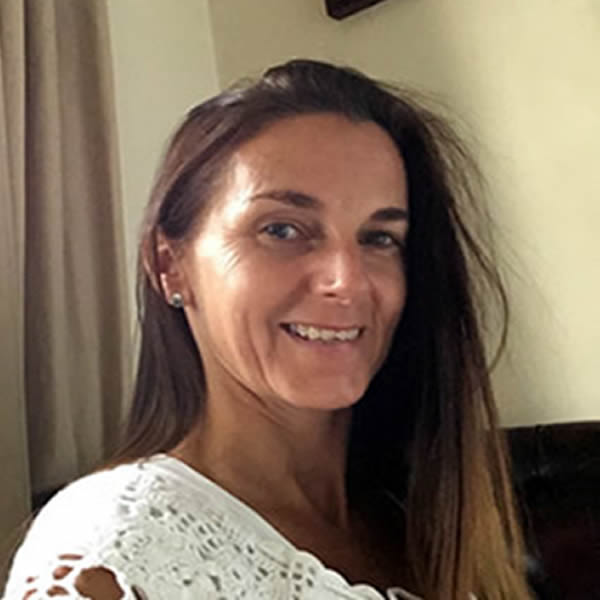
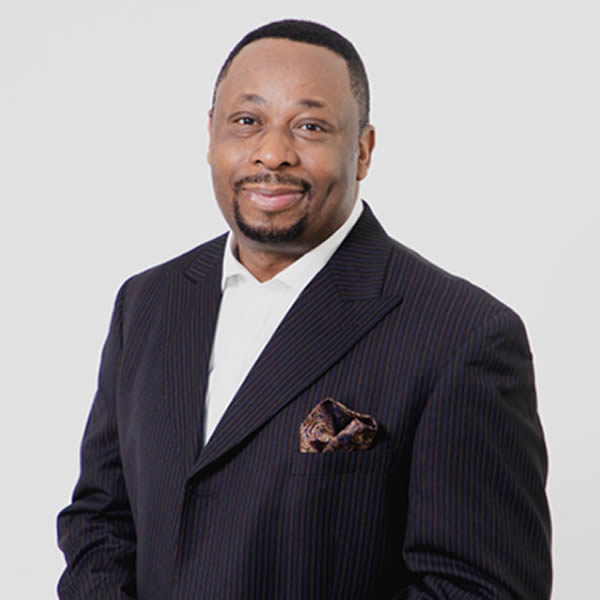
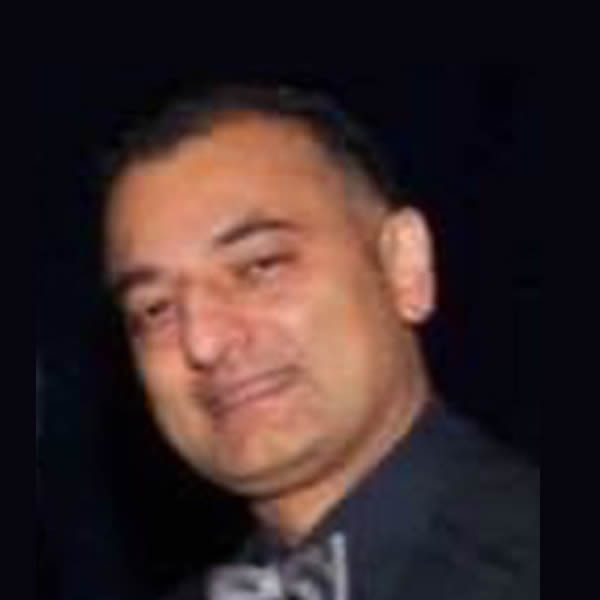
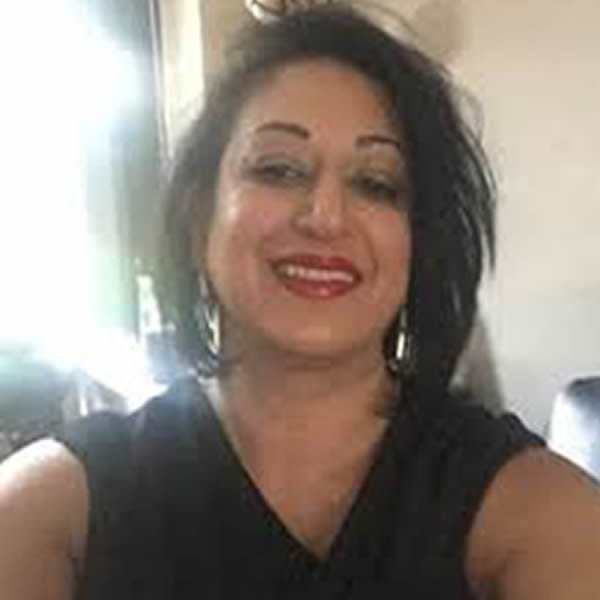

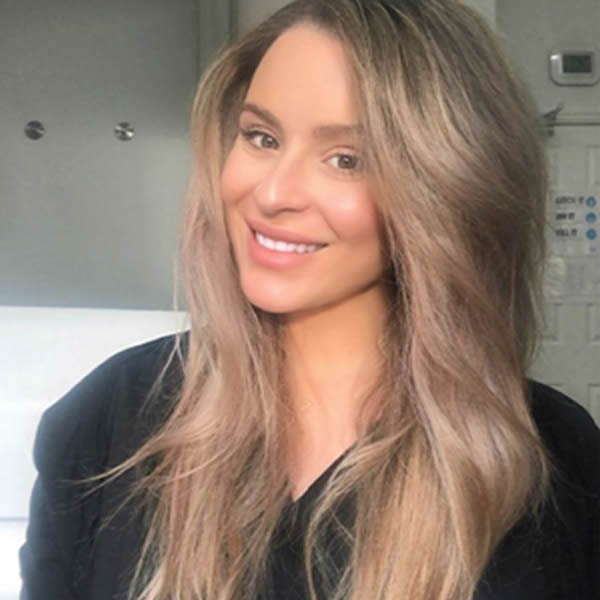
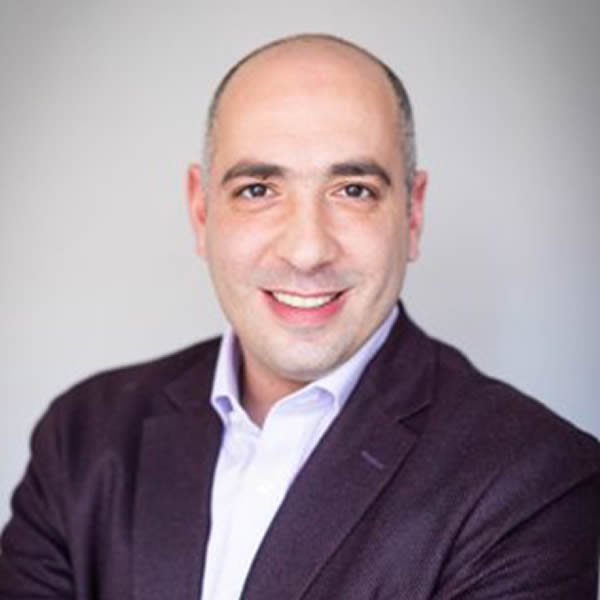
Leave a Reply
Want to join the discussion?Feel free to contribute!